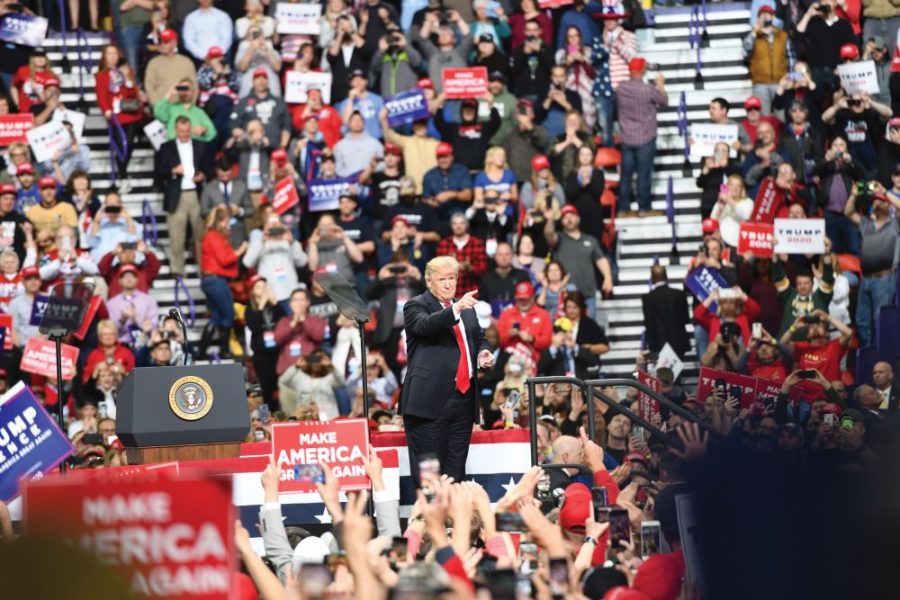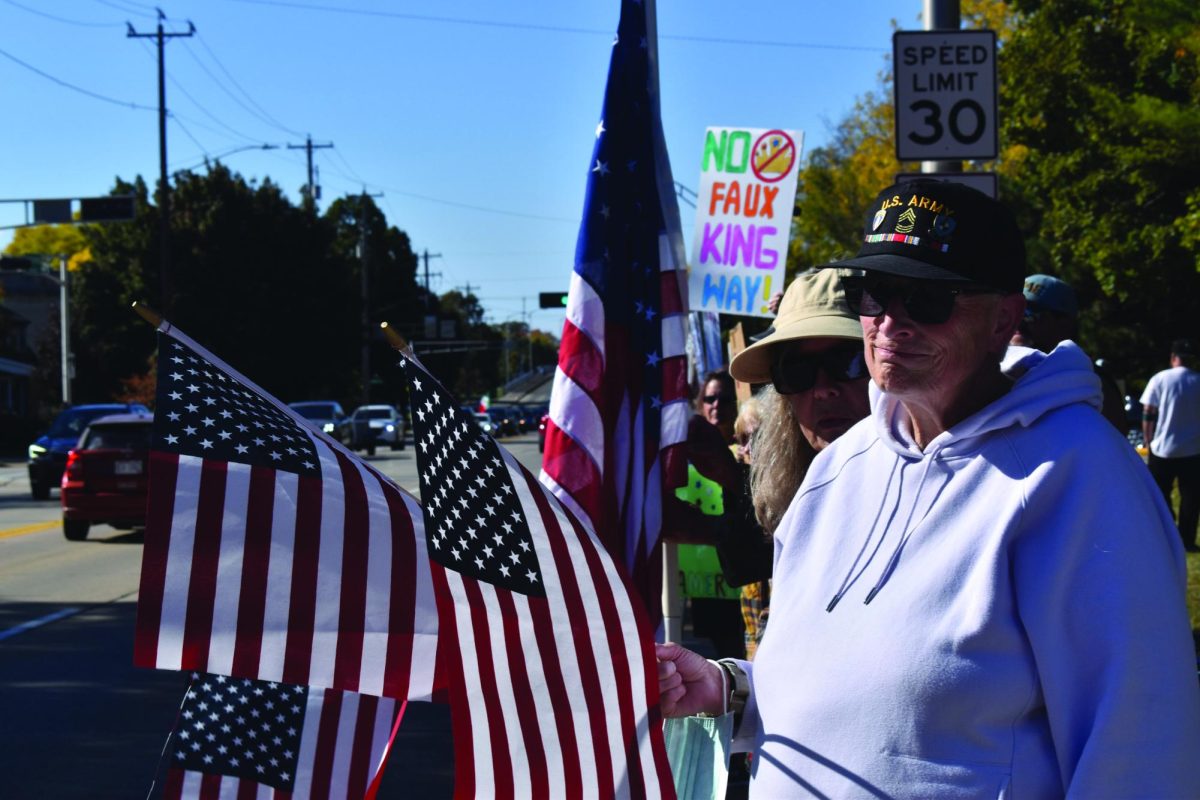The Wisconsin Interscholastic Athletic Association (WIAA) and National Collegiate Athletic Association (NCAA) are implementing actions that were recently put in place by the Trump Administration through an executive order (EO) that prohibits male athletes from participating in women’s sports.
President Donald Trump signed EO 14201, titled “Keeping Men Out of Women Sports” on Feb. 5, which seeks to ban transgender athletes from competing in women’s sports, claiming it is a “Title IX issue.” According to administration officials, it was the fourth such EO targeting transgender people since Trump took office in January. The order revoked Biden-era policies requiring inclusivity and directed administration officials to work with sports-governing bodies, including the International Olympic Committee to ensure guidance is followed. This order does not appear to affect male sports.
“The radical left has waged an all-out campaign to erase the very concept of biological sex and replace it with a militant transgender ideology,” Trump said at a White House press conference, with dozens of women and girls standing behind him. “With this executive order, the war on women’s sports is over.”
In response to the executive order, associations across the country are reviewing their policies, with the WIAA enacting new policies on Feb. 19. These new policies, consistent with the federal guidance, state that a student whose sex is assigned male at birth may practice in a girls sport and “receive all other benefits applicable to student-athletes who are otherwise eligible for practice,” but the athlete may not compete in the competitions.
As a nonprofit organization, the WIAA is the regulatory body for all high school sports in Wisconsin, starting in 1895, it is one of the oldest in the country. It isn’t strictly a government body, but includes a membership of public high schools, nonpublic high schools, public middle schools and nonpublic middle schools, and considers itself to be self governed. As a member of the National Federation of High Schools (NFHS), the WIAA often adheres to the rules put forth by that organizing body. To date, the NFHS hasn’t announced any changes to its policies in light of the President’s orders.
Stephanie Hauser, Executive director of the WIAA said that changing the policy affirms its compliance with federal directives.
“Working in consultation with legal counsel, our Board updated this policy to ensure clarity is provided to our membership as they work to comply with new federal guidance from the White House,” Hauser said.
According to the Milwaukee Journal Sentinel, more than half of states have enacted such measures. Courts in Arizona, Idaho, Utah and West Virginia have blocked such actions. The New Jersey State Interscholastic Athletic Association has said they will not create changes and continue to allow transgender athletes to participate.
These policies are similar to that of the NCAA, which changed its policies immediately after the order was signed. The organization has more than 1,200 schools with more than 500,000 athletes, including UW Oshkosh and other Universities of Wisconsin Schools – easily the largest governing body for college athletics in the US. It is unknown how the change in policies will have an effect on UWO.
“We strongly believe that clear, consistent and uniform eligibility standards would best serve today’s student-athletes instead of a patchwork of conflicting state laws and court decisions,” NCAA President Charlie Baker said. “To that end, President Trump’s order provides a clear, national standard.”
Trump’s lawsuit, however, is apart of legal issues, as two high school athletes from New Hampshire sued Trump and his Attorney General, Pam Bondi, claiming the EO violates their rights afforded to them through the Equal Protection Act after using puberty blockers, so that they develop consistent with female, and not male, puberty. The orders, the amended complaint alleges, “facially discriminate based on sex” and were issued “for the discrimination purpose” of preventing transgender student athletes from playing.
Title IX was originally passed in 1972 to prevent sex discrimination in education, including athletic programs.
Both the WIAA and NCAA orders are effective immediately.










